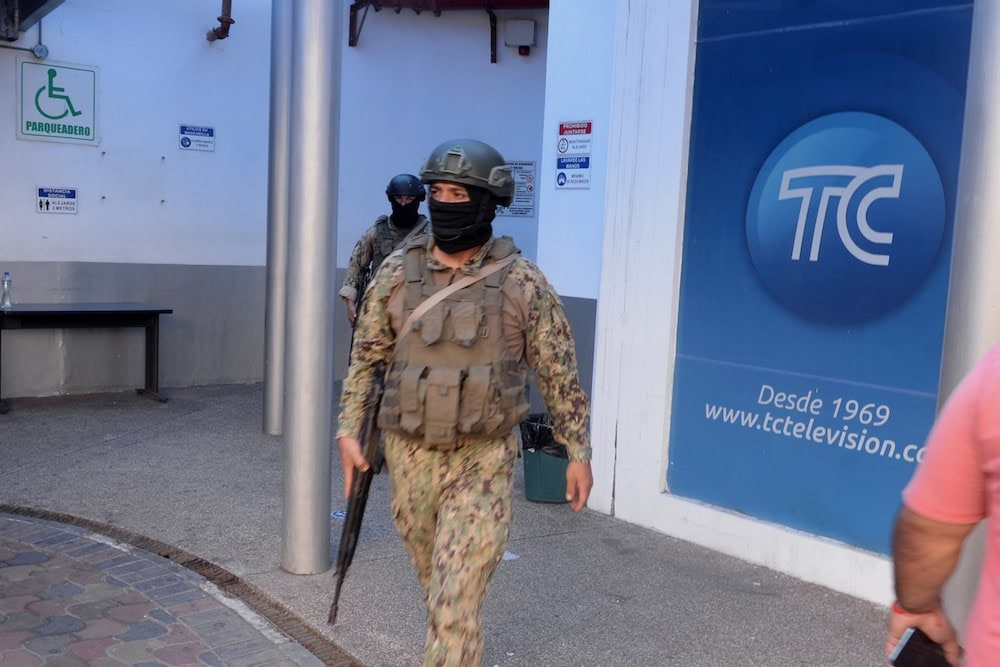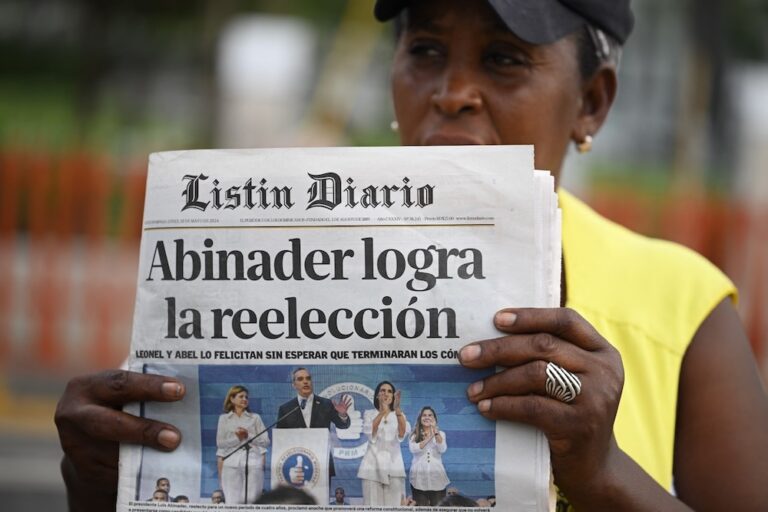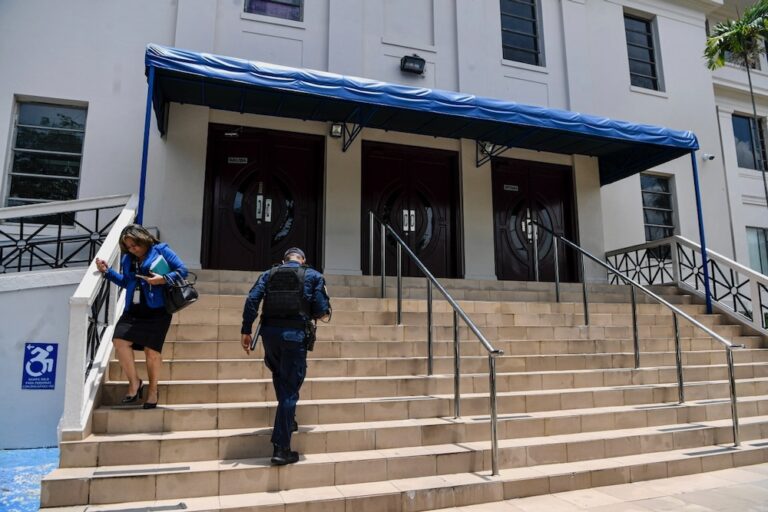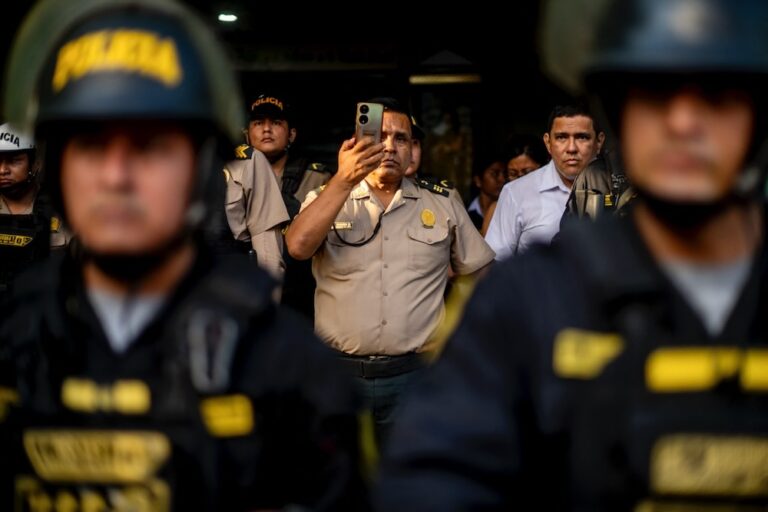IAPA summarises some of the most recent threats faced by journalists and press workers in the region.
This statement was originally published on en.sipiapa.org on 24 May 2024.
In Jamaica, sports journalist Job Nelson of the Jamaica Gleaner newspaper was shot dead while waiting at a traffic light in Kingston. According to the media, the 53 year-old journalist was dedicated to his profession and the motive for the crime is unknown.
In Nicaragua, a country “without freedom of expression” according to the Chapultepec Index, the police arrested journalist Orlando Chávez Esquivel and his brothers. Chavez is director of the radio program El Metropolitano in the city of Leon and prior to his arrest he had attended the presentation of a book banned by the dictatorship of Daniel Ortega.
Ecuadorian journalist José Luis Calderón announced his decision to abandon journalism because he considers that there are no guarantees in the country for the practice of this profession. Calderón was one of the victims of the armed attack in January to the TC Televisión channel, which caused him post-traumatic stress.
In Colombia, journalist Edward Fabián Álvarez, director of the newspaper La Chiva de Urabá, had to leave his home due to threats from a criminal gang on his WhatsApp account.
The host of the radio program En el Aire, Antonio Di Giampaolo, quit his job after the regime of Nicolás Maduro prohibited the broadcast of an interview with the opposition presidential candidate, Edmundo González Urrutia. “Personally, I hope for better times for the practice of journalism and for the country as well,” declared the communicator.
In Mexico, journalist Stephanie Palacios denounced that she received threats and intimidating messages through social networks after revealing that journalists are forbidden to ask questions to President Andrés Manuel López Obrador while he is speaking on a topic in his morning conferences.
Also in Mexico, the organization Artículo 19 denounced that journalist Fabiola Cortés Miranda of the media Periodismo en Colectivo, is the victim of judicial harassment by a company that demands a compensation of 3.6 million dollars for “material damages” and “very serious moral damage”. The lawsuit is related to Cortés’ publications on the alleged dispossession of land from Mayan indigenous people in the state of Quintana Roo.
In Brazil, the Supreme Court declared illegal judicial harassment of journalists as a threat to freedom of expression. The president of the Court, Luís Roberto Barroso, emphasized that the media or journalists will be held responsible only in case of “serious fault” or if they show “negligence” in their investigations.



